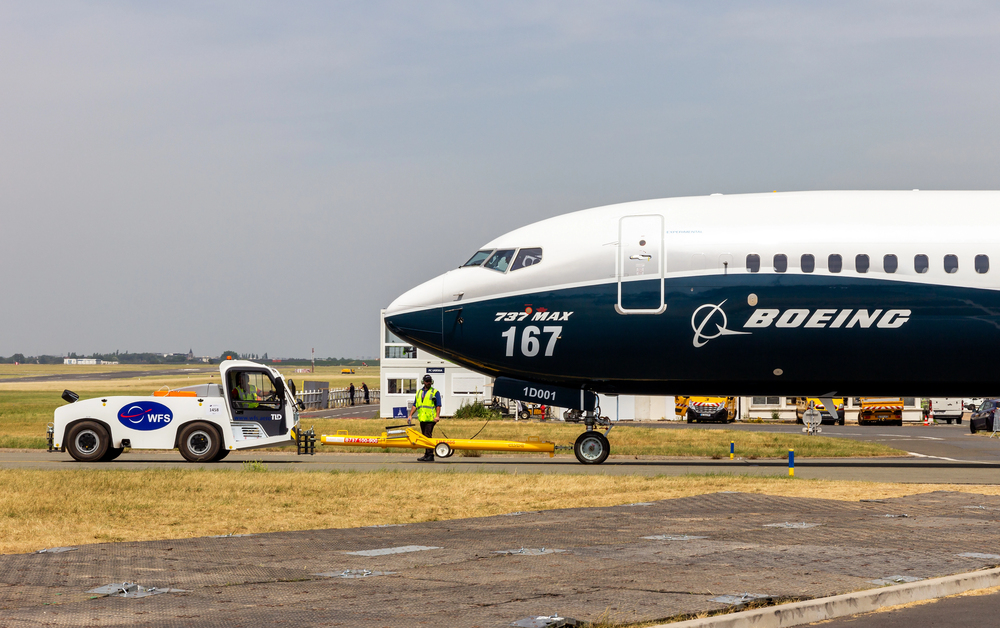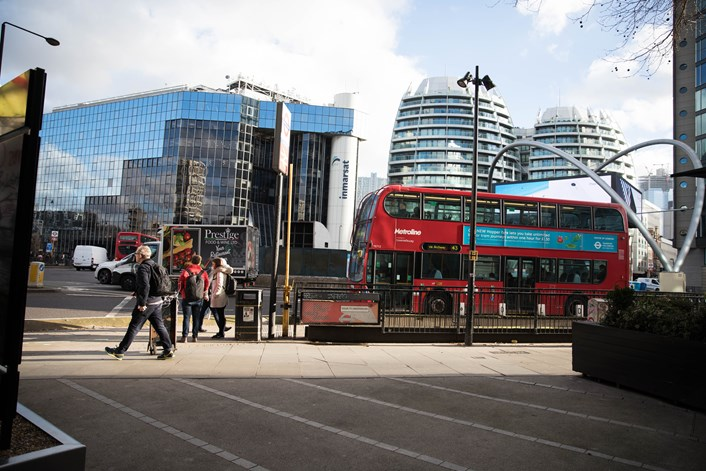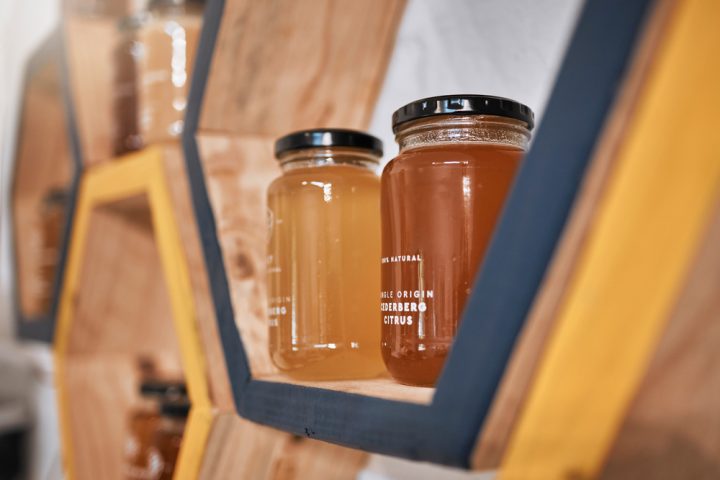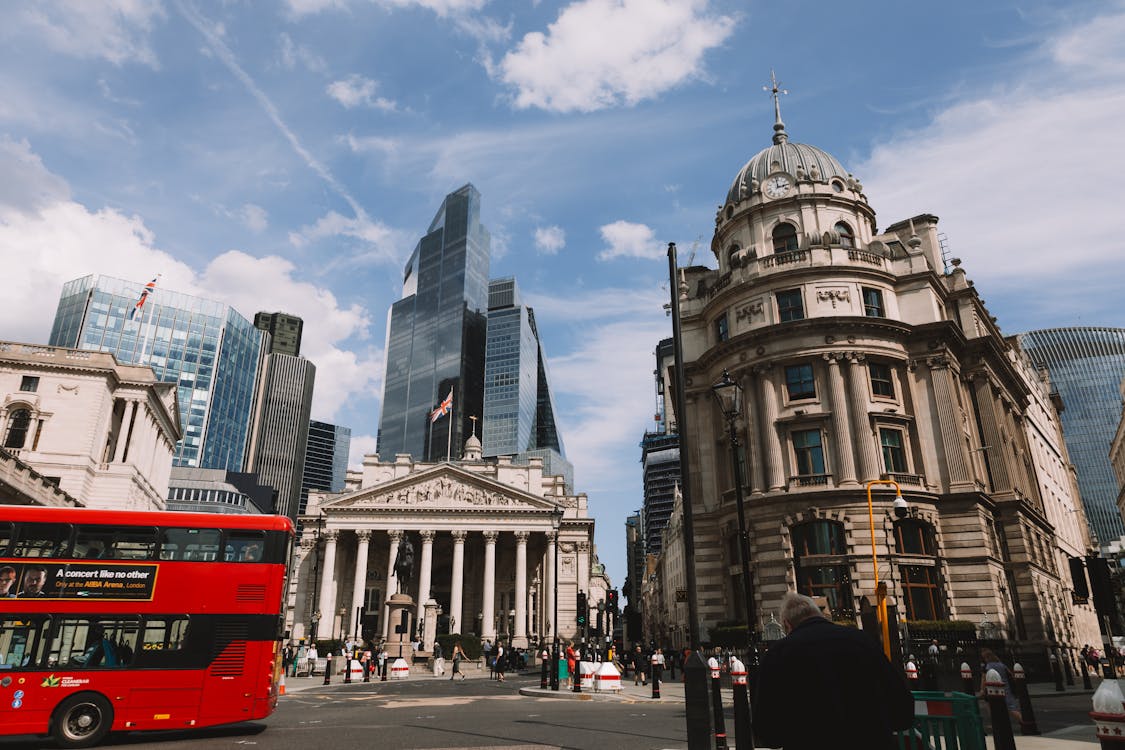The West Midlands, a region steeped in industrial heritage, finds itself at the crossroads of global trade disputes and local economic challenges. China’s recent halt on Boeing jet deliveries, a retaliatory jab in the escalating US-China trade war, reverberates through supply chains, touching even the Midlands’ aerospace sector. Meanwhile, the UK government’s intervention to save British Steel’s Scunthorpe plant from Chinese owner Jingye’s faltering plans highlights a cautious approach to foreign investment, particularly from China. These developments underscore a region grappling with global pressures while striving to secure its industrial future.
China’s Boeing Delivery Freeze: A Trade War Escalation
China has ordered its airlines to stop accepting Boeing jet deliveries and to halt purchases of US-made aircraft parts, a move intensifying the trade war with the US. This follows President Donald Trump’s imposition of tariffs up to 145% on Chinese goods, aimed at slashing the US’s £226.8 billion trade deficit with China. Beijing retaliated with 125% tariffs on US imports, rendering Boeing jets, priced in the tens of millions, prohibitively expensive. The directive, reported on April 15, 2025, affects major carriers like Air China, China Eastern, and China Southern, which had 179 Boeing planes slated for delivery between 2025 and 2027.
For Boeing, already reeling from a 2024 safety crisis involving a 737 Max-9 door panel blowout and costly machinist strikes, this is a harsh blow. China’s aviation market, projected to be the world’s largest by 2043 with a £46.1 billion value, is critical. Yet, Boeing’s grip has weakened—only 28 orders came from China since 2018, compared to 122 in 2017-2018, partly due to trade tensions and the 737 Max grounding after 2018-2019 crashes. About 10 737 Max jets await delivery, with some potentially slipping through if paperwork predates the April 12 tariff hike.
The ripple effects hit the West Midlands, home to aerospace giants like Rolls-Royce and Meggitt, which supply Boeing. A prolonged halt could strain local jobs and innovation, as the region’s £2 billion aerospace cluster relies on global demand. Ryanair’s CEO, Michael O’Leary, warned of delayed deliveries if tariffs raise costs, hinting at a broader industry debate over who absorbs the financial hit—manufacturers or airlines. Boeing shares slid 3.5% on the news, down 7% year-to-date, reflecting investor unease.
British Steel: A Strategic Rescue with Chinese Caveats
Closer to home, the UK government’s takeover of British Steel’s Scunthorpe plant marks a pivotal move to safeguard a cornerstone of the Midlands’ industrial legacy. Talks with Chinese owner Jingye collapsed over funding for a £600 million decarbonization plan, prompting ministers to secure coking coal supplies to keep blast furnaces running. Business Secretary Jonathan Reynolds, speaking from Immingham Port on April 15, 2025, celebrated the arrival of raw materials as a “cross-government effort” to preserve jobs and continuity at the plant, which employs 2,600 and supports thousands more indirectly.
Reynolds was candid about the challenges. “We can improve on the financial performance we have seen,” he said, but warned of a “different employment footprint” as the plant transitions to greener tech, like electric arc furnaces. The government’s £300 million rescue avoids immediate job losses—an “unplanned, uncontrolled shutdown” could have axed thousands—but long-term success hinges on finding a private partner for a transformation program. The furnaces, nearly a century old, need modernising to stay competitive.
The Jingye saga has fueled debate over Chinese investment. Reynolds acknowledged steel’s global sensitivity, noting China’s role in overproduction and dumping, which depresses prices. “You would look at a Chinese firm in a different way,” he said, but clarified the Scunthorpe action targeted Jingye’s specific failures, not a blanket ban on Chinese involvement. This nuance hasn’t quelled concerns. Former Conservative leader Sir Iain Duncan Smith urged defining steel as a “strategic industry” to block Chinese investment, alongside nuclear, arms, and water. He called for China’s inclusion in the foreign influence registration scheme’s upper tier, labelling it a “threat.”
The Midlands’ steel sector, centred in places like Scunthorpe and nearby Corby, feels the stakes acutely. British Steel’s output—rails, sections, and wire rod—feeds construction and rail projects across the UK, including HS2. A stable plant bolsters supply chains, but government support, while cheaper than mass layoffs, isn’t a permanent fix. Reynolds’ optimism about a “better future” contrasts with the uncertainty of finding a partner willing to invest in a decarbonised vision.
A Region Caught in Global Crosswinds
These stories intertwine through trade and industry. China’s Boeing ban, while aimed at the US, pressures the West Midlands’ aerospace ecosystem, where firms like GKN Aerospace in Redditch and suppliers in Wolverhampton face potential demand dips if trade wars persist. The region’s 53,000 aerospace jobs, generating £7 billion annually, rely on open markets. A shift toward Airbus or China’s COMAC could sideline local suppliers, though analysts suggest Boeing may redirect jets elsewhere, as Airbus lacks capacity to fill China’s gap alone.
British Steel’s rescue, meanwhile, reflects a protective instinct against foreign missteps, with Jingye’s exit echoing broader scepticism about Chinese firms in critical sectors. The government’s £1.25 billion steel strategy, including £500 million for Tata Steel’s Port Talbot, aims to green the industry while saving jobs. Yet, as Reynolds admitted, transformation may alter employment. Scunthorpe’s 2,600 workers face an uncertain shift to new tech.
Both cases reveal a West Midlands tethered to global forces. Boeing’s woes highlight the fragility of export-driven industries, while British Steel’s saga underscores the fight to preserve industrial roots amid geopolitical and green transitions. The region’s response—innovation in aerospace, resilience in steel—will shape its economic story as trade tensions simmer and sustainability demands grow.
What’s Next
The Boeing ban’s longevity depends on US-China talks. Trump’s hint at a deal offers faint hope, but his erratic tariff reversals—pausing smartphone duties but eyeing pharmaceutical and chip levies—breed uncertainty. For British Steel, the government’s coal lifeline buys time, but a private partner must emerge by late 2025 to fund decarbonization. Across the Midlands, from Coventry’s aerospace hubs to Scunthorpe’s furnaces, the challenge is clear: thrive in a world where trade wars and strategic shifts test every bolt and beam






